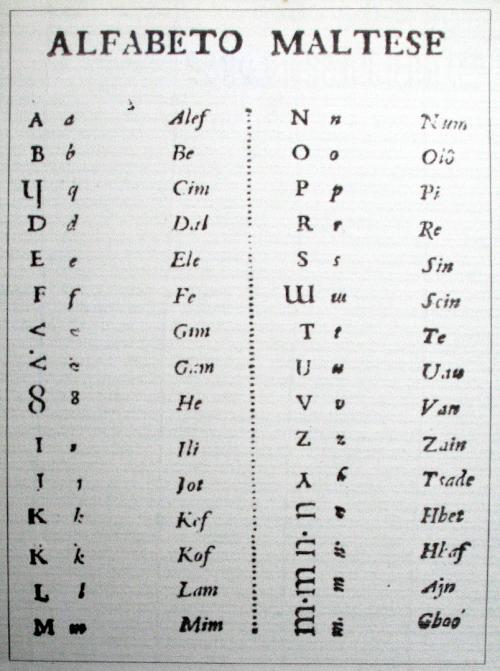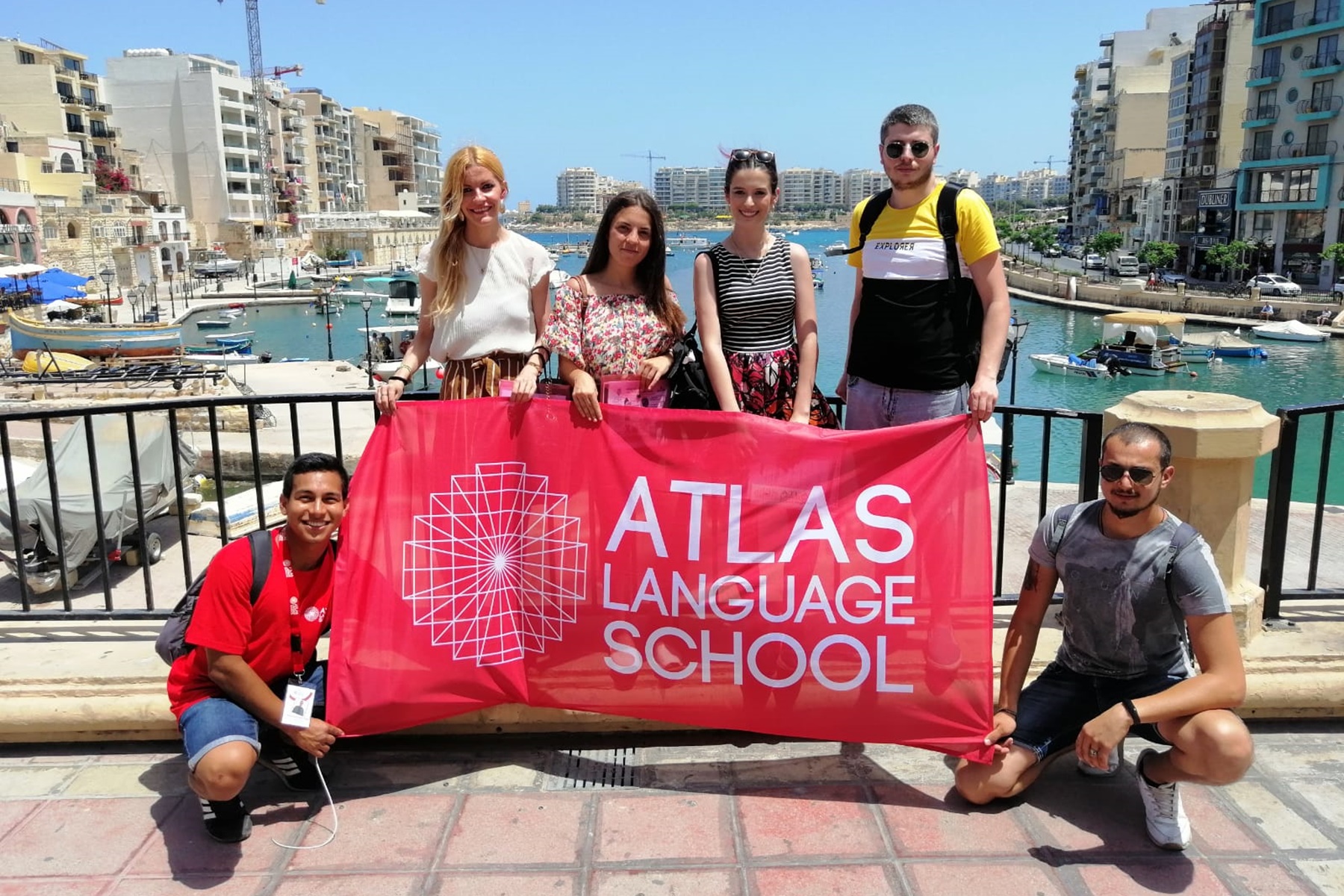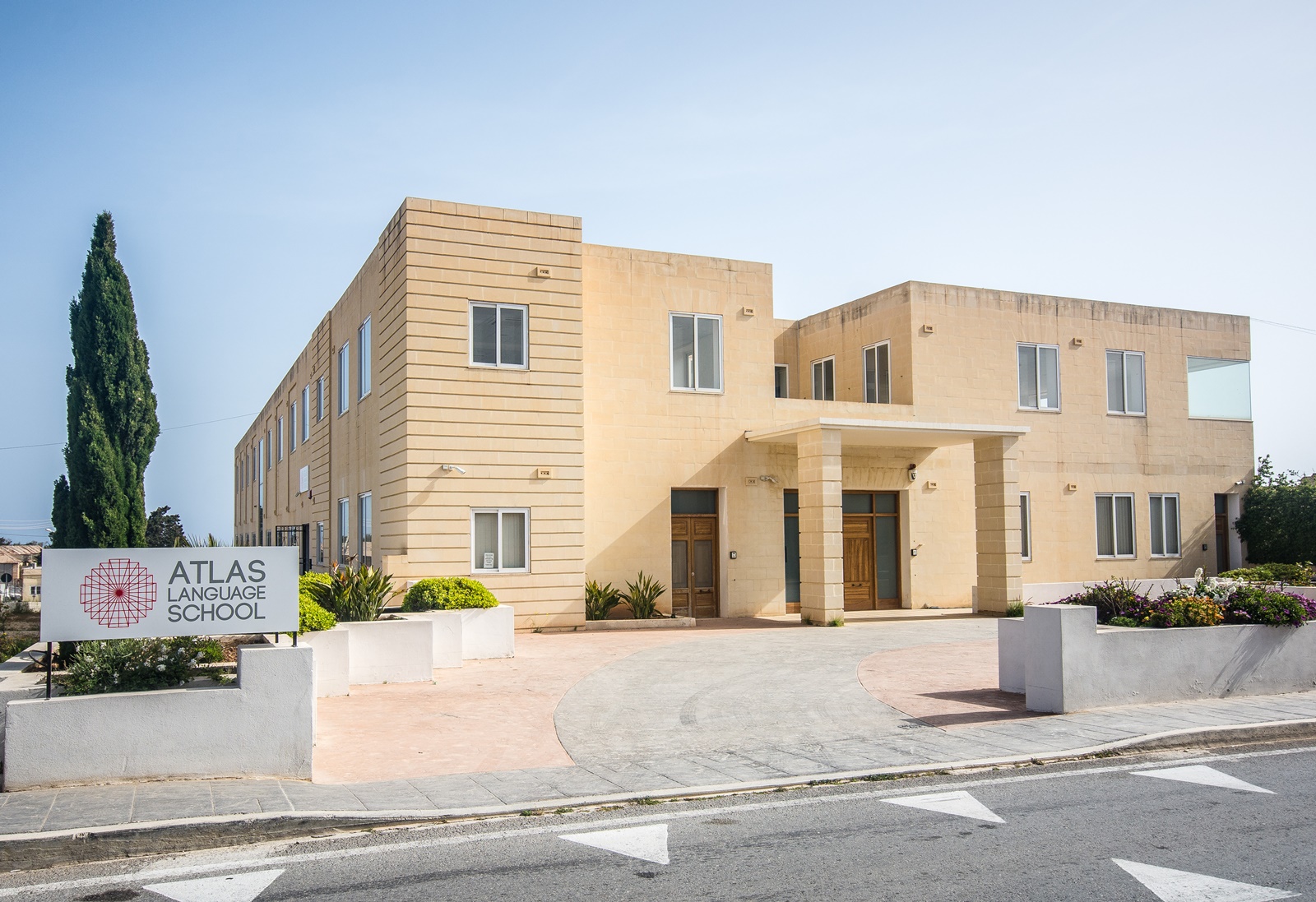Unveiling The Charm Of Malta Language: A Journey Through Words And Culture
Hey there, language enthusiasts! Let's dive straight into something super fascinating – the world of Malta language. Malta, this tiny but mighty island in the Mediterranean, boasts a linguistic journey that's as rich as its history. So, if you've ever wondered about the unique blend of tongues that make up the Maltese language, you're in for a treat. Stick around because we're about to take you on an adventure through words, culture, and everything in between.
The Malta language is not just a medium of communication; it's a vibrant tapestry woven with threads from various cultures and histories. Imagine a language that speaks volumes of its past encounters with Phoenicians, Romans, Arabs, and Europeans. That's exactly what the Maltese language is all about. It's a living testament to the island's diverse heritage, making it one of the most interesting languages to explore.
Now, before we get too deep into the nitty-gritty, let's set the stage. This article is crafted to give you the ultimate guide to understanding Malta language. We'll cover everything from its origins and structure to its cultural significance and modern usage. So, whether you're a linguistics buff, a traveler planning a trip to Malta, or just someone curious about the world's languages, this piece is for you. Let's get rolling!
Read also:Yoo Seungho And Chae Soo Bin Relationship The Untold Story You Need To Know
Daftar Isi
- Origins of Malta Language
- Structure and Grammar of Maltese
- Vocabulary and Influences
- Spoken Maltese Today
- Tips for Learning Malta Language
- Cultural Significance of Maltese
- Historical Context of the Language
- Maltese in Education
- Maltese and Tourism
- The Future of Malta Language
Origins of Malta Language
Alright, let's rewind the clock and explore the roots of the Malta language. The Maltese language, or as the locals call it, Malti, traces its origins back to the Siculo-Arabic dialect spoken in Sicily and Malta during the medieval period. But here's the twist – it didn't stop there. Over centuries, it absorbed influences from Italian, English, French, and even a dash of Spanish. Now, that's what I call a language with a serious case of cultural wanderlust!
Historical Influences
Let's break it down a bit more. The Arabs brought their Semitic structure to the table, giving Maltese its unique sound and grammar. Then came the Normans, introducing a sprinkle of Romance languages. Fast forward to the British colonial era, and English became a significant part of the language puzzle. This blend makes Maltese stand out in the linguistic world, truly a one-of-a-kind gem.
Structure and Grammar of Maltese
Now, onto the nitty-gritty – the structure and grammar of the Malta language. Maltese might look a bit daunting at first glance, but trust me, it's got a rhythm of its own. It's a Semitic language, so expect some interesting twists in its sentence structure. For instance, verbs usually come first in a sentence, followed by the subject. But hey, don't worry, it's not as scary as it sounds.
Unique Grammar Features
- Verb conjugation that depends on the subject
- Distinctive use of prepositions
- A rich system of prefixes and suffixes
And guess what? Despite its Semitic roots, Maltese uses the Latin alphabet, which makes it a bit easier for those familiar with European languages. But remember, the pronunciation can still throw you a curveball, so practice makes perfect!
Vocabulary and Influences
Vocabulary-wise, the Malta language is a melting pot of influences. About half of its words are derived from Sicilian and Italian, while another quarter comes from Arabic. The remaining portion is a mix of English, French, and other languages. This diverse vocabulary makes Maltese both challenging and exciting to learn.
Everyday Words
Let's look at some common words and phrases:
Read also:Hailey Welch Fanfic Dive Into The World Of Fictional Stories And Fancreated Adventures
- Hello – Saħħa
- Thank you – Grazzi
- Goodbye – Sa
See? Not so tough, right? And the best part? Many Maltese words have a familiar ring to them, especially if you speak any of the languages that influenced it.
Spoken Maltese Today
Today, Maltese is spoken by about half a million people, primarily on the islands of Malta and Gozo. It's an official language of Malta, alongside English. But here's the kicker – the way it's spoken can vary quite a bit depending on where you are. Urban areas might have a more modern, English-influenced dialect, while rural regions stick closer to traditional Maltese.
Dialectal Variations
So, if you're planning a trip to Malta, be prepared to hear different flavors of Maltese. Some might say it's like tasting different wines from the same vineyard – each has its own unique character.
Tips for Learning Malta Language
Thinking about learning Maltese? Great choice! Here are a few tips to get you started:
- Start with basic phrases and greetings
- Practice listening to native speakers
- Use language learning apps and resources
- Engage with the local community
Remember, immersion is key. Surround yourself with the language as much as possible, and you'll be speaking like a local in no time.
Cultural Significance of Maltese
Maltese isn't just a language; it's a cultural cornerstone of the Maltese identity. It's a symbol of resilience and adaptation, reflecting the island's history of overcoming challenges. From literature to music, the language plays a vital role in preserving Malta's rich cultural heritage.
Maltese in Literature
Ever heard of Malta's national poet, Dun Karm Psaila? His works, written in Maltese, capture the essence of the island's spirit. So, if you're diving into Maltese culture, a little poetry might just be the ticket.
Historical Context of the Language
Delving deeper into history, the evolution of the Malta language mirrors the island's historical journey. From the Arab conquest in the 9th century to the British rule in the 19th and 20th centuries, each era left its linguistic mark. Understanding this historical context adds another layer of appreciation for the language.
Maltese in Education
In the educational sphere, Maltese holds a prominent place. It's taught in schools alongside English, ensuring that the younger generation remains connected to their linguistic roots. This dual-language education system is a testament to the importance of preserving the national language while embracing global communication.
Maltese and Tourism
Tourism is a significant part of Malta's economy, and language plays a crucial role in this sector. While English is widely spoken, understanding Maltese can enhance your travel experience. It's like having a secret key to unlock the island's hidden treasures.
The Future of Malta Language
Looking ahead, the future of the Malta language seems bright. With efforts to preserve and promote it, Maltese continues to thrive in the modern world. Whether through digital media, education, or cultural initiatives, the language remains a vital part of Malta's identity.
In conclusion, the Malta language is more than just words; it's a story, a culture, and a way of life. So, whether you're learning it, traveling to Malta, or simply curious about the world's linguistic diversity, Maltese offers a fascinating journey. Don't hesitate to share your thoughts or experiences in the comments below, and keep exploring the wonders of language!


